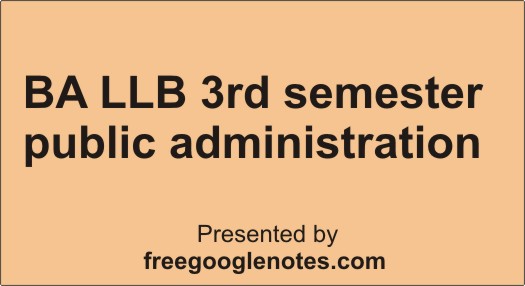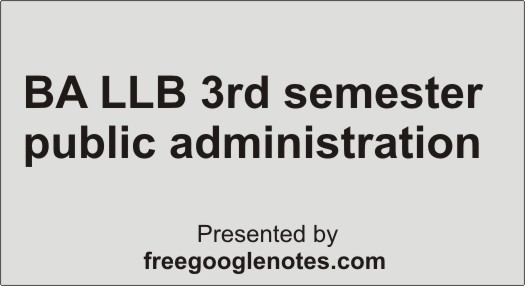Table of Contents
Ba llb 2nd semester notes pdf
hello students,
In this post you will read International Relation has been written according to the syllabus of BA LLB 1st year , 2nd semester.
https://techparticipant.com/2021/05/03/how-to-start-small-business-from-home-in-covid-19/
Expansion of Scope after Second World War(BA LLB)
In the post World War II period the scope of international relations was further widened due to significant changes such as the emergence of the USA and USSR as two superpowers; the entry of a large number of non-European states into the society of nations; the danger of thermonuclear war; increasing interdependence of states and rising expectations of the people in the underdeveloped world, etc.
Greater emphasis is now being placed on the scientific study of international relations. It led to the development of new methodologies. It introduced new theories in the study of international relations. The scholars began to study the military policy of the country as well as the behavior of political leaders. More emphasis is now laid on area studies. The state has ceased to be the sole factor in the study of international relations.
More importance is being attached to the individual and other corporate Sectors. Thus the present scope of international relations is quite extensive. it embraces the study of diplomatic history, international politics, international organisation and administration, international law, area studies as well as psychological ‘study of the motives of member states in their mutual relations.
In recent years scholars have tried to study the forces underlying the practices of the states to build a comprehensive theory of international relationships. They have made serious efforts to utilize the social science technique and establish verifiable propositions.

Is International Relations an indefinite study?(BA LLB)
Despite enormous expansion in the scope of international relations some writers still hold that as a subject of study it is “poor relation of political science and history and is still far from being a well organised discipline. It lacks clear cut conceptional framework and a systematic body of applicable theory, it is heavily dependent upon other better-organized disciplines.” According to Alfred zimmern, the distinguished Professor of History who was offered the first chair of International Politics at the University of Wales in 1919, “from the academic point of view, International Relations is clearly not a subject in the ordinary sense of the word. It is not a single subject but a bundle of subjects. Of what is this bundle composed? Of law, economics, political science, geography and so on but not the whole range of these subjects.”
Modern scholars do not treat international relations as an independent discipline. Independent discipline implies some sort of unity of subject-matter and unanimity regarding its scope as well as a good degree of objectivity. These requisites of discipline are lacking in international relations. lt also does not possess clear boundaries that separate it from political science.
It lacks objectivity and more often than not assumes subjective character. Hence the subject is far from being an independent discipline. To quote Organski, “As a science, international relations today is in its infancy, it is still less a science, than a mixture of philosophy and history and art. Its theories are few and shockingly untestable.
Writings on the subject are largely descriptive However, the descriptive-historical approach has resulted in the collection of an immense amount of data, and the daily papers provide us with more. New theorists are beginning to provide the kind of theoretical framework that is necessary for ordering and interpreting the facts. We are on the verge of great discoveries (and) within the next few decades the basic foundations of a new discipline will be laid.”
Methods of International Relations(BA LLB)
In the discussion of the international relations among the nations, methods to establish International Relations hold a “key place’. Different schools of thought have been devised and each has formulated a distinct method. As an academic discipline International relations is still engaged in the search for the most suitable tools with which to handle its tasks.
In this field Naturalist writers started their inquiries from a priori positions and deduced their conclusions from a state of nature which they pictured in terms of either “homo homini lupus” or the brotherhood of man. In our time, the spectacle repeated itself in the controversy between the so-called realists and idealists in the field of international relations.
What is, required is a primary approach to international relations, in which the apparent antinomy resolves itself into a new synthesis, Power never has been-nor is-effectively internationalised. This does not prove that it cannot be internationalised. Conversely, day-dreams on the future of international relations are no excuse for shirking a critical analysis of existing international society. Thus a realistic position is perfectly compatible with constructive views on what can or ought to be.










